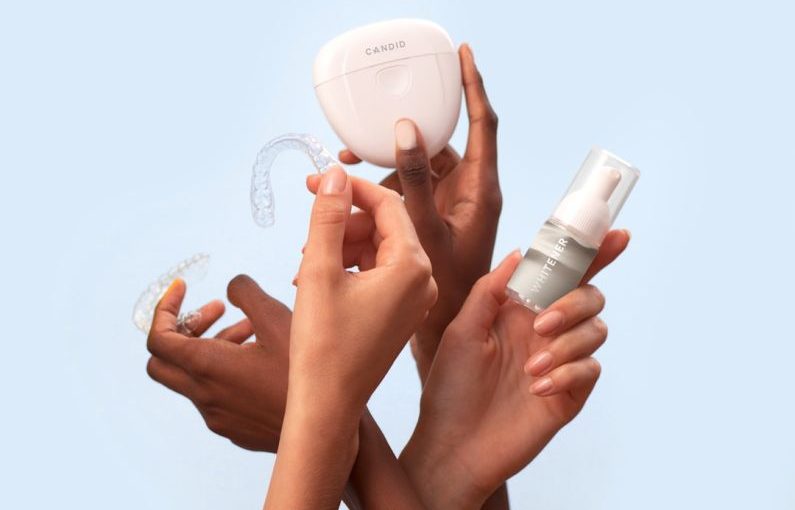Maintaining your pet’s oral health is crucial for their overall well-being. Just like humans, pets can suffer from dental issues that can lead to discomfort, pain, and even serious health problems if left untreated. By prioritizing dental care for your furry friend, you can help prevent a range of issues and ensure they lead a healthy and happy life.
**The Impact of Poor Dental Health**
Poor dental health in pets can have a significant impact on their quality of life. Without proper care, pets can develop various dental problems such as plaque buildup, tartar accumulation, gum disease, and tooth decay. These issues can cause pain and discomfort, making it difficult for your pet to eat, play, and enjoy life to the fullest.
Moreover, untreated dental problems can lead to more serious health issues. Bacteria from the mouth can enter the bloodstream and affect vital organs such as the heart, liver, and kidneys. This can result in systemic infections and potentially life-threatening conditions. By addressing dental issues early on, you can prevent these complications and ensure your pet stays healthy and happy.
**Preventive Dental Care**
Preventive dental care is key to maintaining your pet’s oral health. Regular brushing is one of the most effective ways to prevent plaque and tartar buildup. Use a pet-specific toothbrush and toothpaste to clean your pet’s teeth regularly. Additionally, providing dental chews and toys can help reduce plaque and tartar formation and keep your pet’s teeth clean.
It is also essential to schedule regular dental check-ups with your veterinarian. During these visits, your vet can examine your pet’s teeth and gums, identify any potential issues, and recommend appropriate treatment. Professional dental cleanings may be necessary to remove stubborn tartar and prevent gum disease.
**Signs of Dental Problems**
It is important to be aware of the signs of dental problems in pets. Some common signs include bad breath, swollen or bleeding gums, loose or missing teeth, drooling, reluctance to eat, and pawing at the mouth. If you notice any of these signs, it is essential to consult your veterinarian for a thorough dental examination.
Ignoring dental issues can lead to pain and discomfort for your pet and may result in more serious health problems down the line. By being proactive and addressing dental problems promptly, you can prevent unnecessary suffering and ensure your pet’s well-being.
**Providing Dental Care at Home**
In addition to regular veterinary check-ups, there are steps you can take at home to support your pet’s dental health. Along with brushing your pet’s teeth, you can incorporate dental treats and water additives into their routine to help reduce plaque and tartar buildup. These products can complement your efforts and contribute to your pet’s oral hygiene.
Furthermore, feeding your pet a balanced diet can also support their dental health. Avoid feeding them table scraps and sugary treats, as these can contribute to dental problems. Instead, opt for high-quality pet food that promotes dental health and overall well-being.
**Conclusion: A Bright Smile for a Happy Pet**
Taking care of your pet’s dental health is essential for their overall well-being. By prioritizing preventive dental care, being aware of the signs of dental problems, and providing at-home dental care, you can help keep your pet’s teeth and gums healthy. Regular veterinary check-ups and professional cleanings are crucial for maintaining your pet’s oral health and preventing serious health issues. Remember, a bright smile is a sign of a happy and healthy pet.





